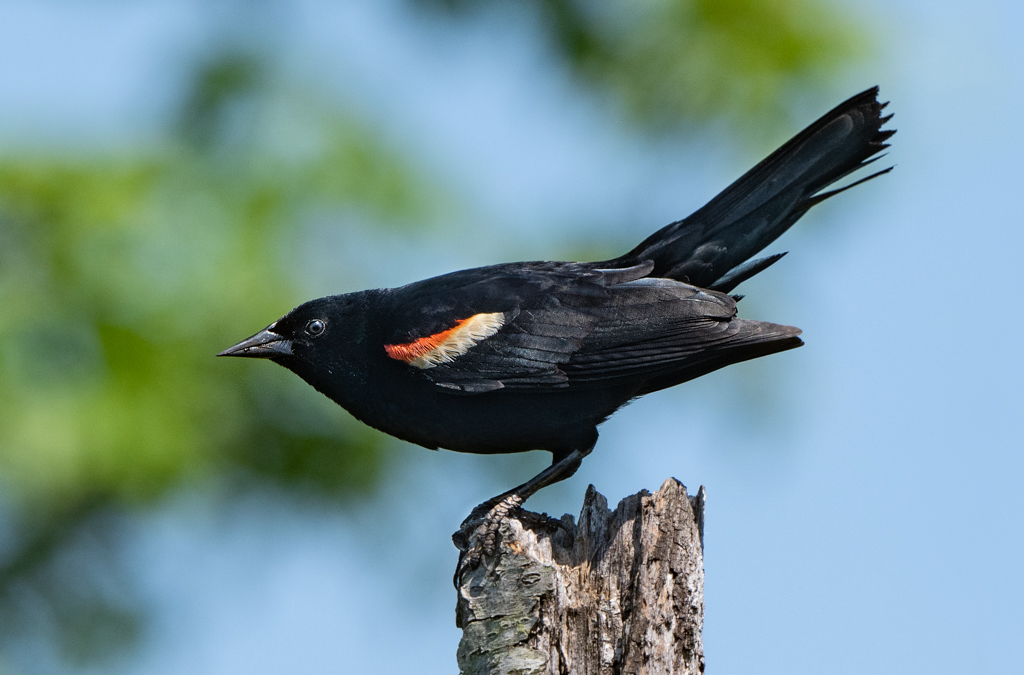
You may have been out for a walk recently through a park or along a stream, or even just through town, when suddenly you appear to be under some kind of aerial attack; there’s a lot of noise and flapping sounds and you may even sustain some nasty injuries to your head, face and arms as you strive to defend yourself against whatever is happening from above. What is happening? You were just walking along, so why this sudden and frenzied attempt on your life?
When birds swoop down aggressively at perceived threats, this is known as dive-bombing, a common behavior during breeding season (May-August). This time of year and often well into summer, you may find yourself subject to such an attack, and while startling, it’s a natural instinct and a sign the birds are just trying to be good parents, defending their nest and chicks.

Take red-winged blackbirds, for instance. These glossy black birds with red shoulder patches are notorious dive-bombers, especially in urban areas like Chicago. Every year there are news reports of joggers, cyclists and pedestrians being harassed by these territorial birds protecting their nests in parks and green spaces.
Red-winged blackbirds aren’t alone in their aerial defense tactics. Many species employ this tactic including these three other bird species.
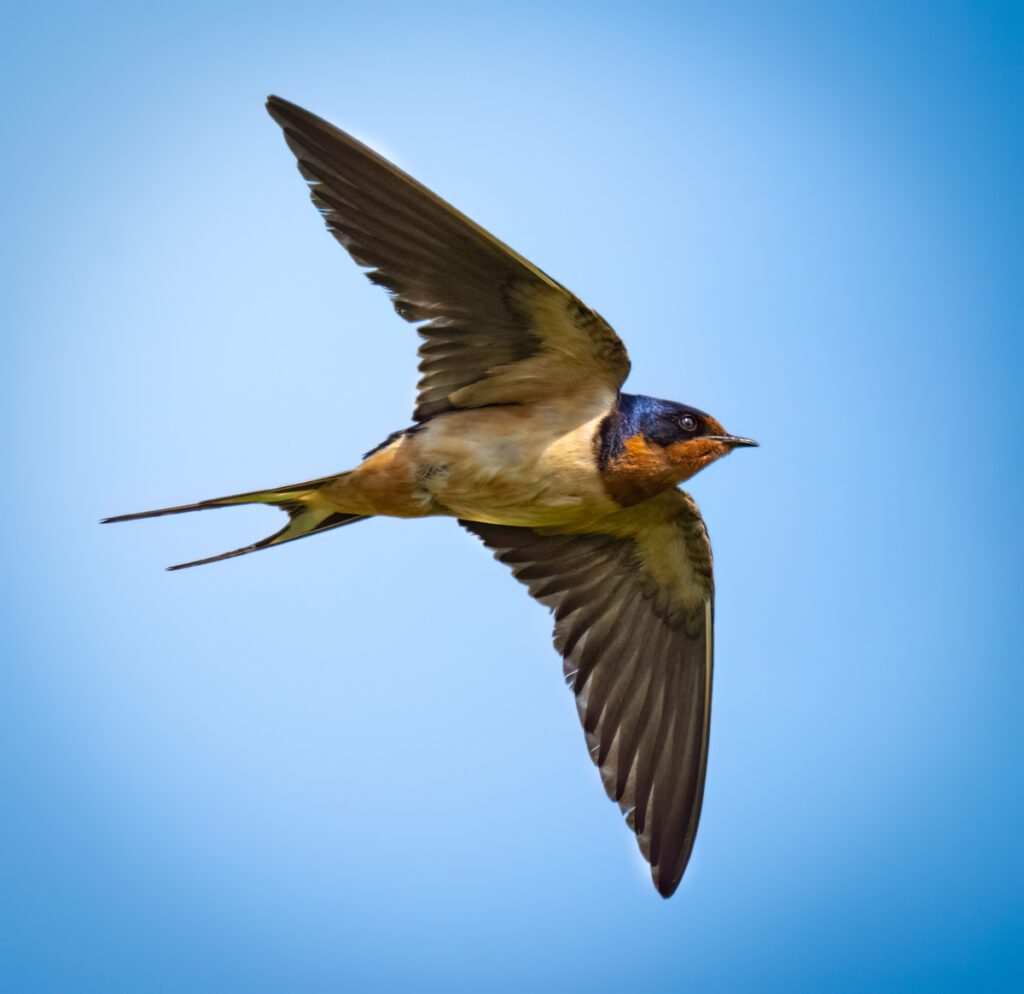
Barn swallows
These graceful birds with forked tails often nest under eaves, porchways and balconies, and sometimes bridges. Famed for their aeronautics on any day, these brilliantly hued deep blue, black and white birds swoop down, emitting a loud and highly characteristic alarm and warning chirp, aiming to scare away anyone venturing too close to their young. They don’t tend to inflict much physical damage, but their alarm note is enough to frighten you into a hasty retreat.
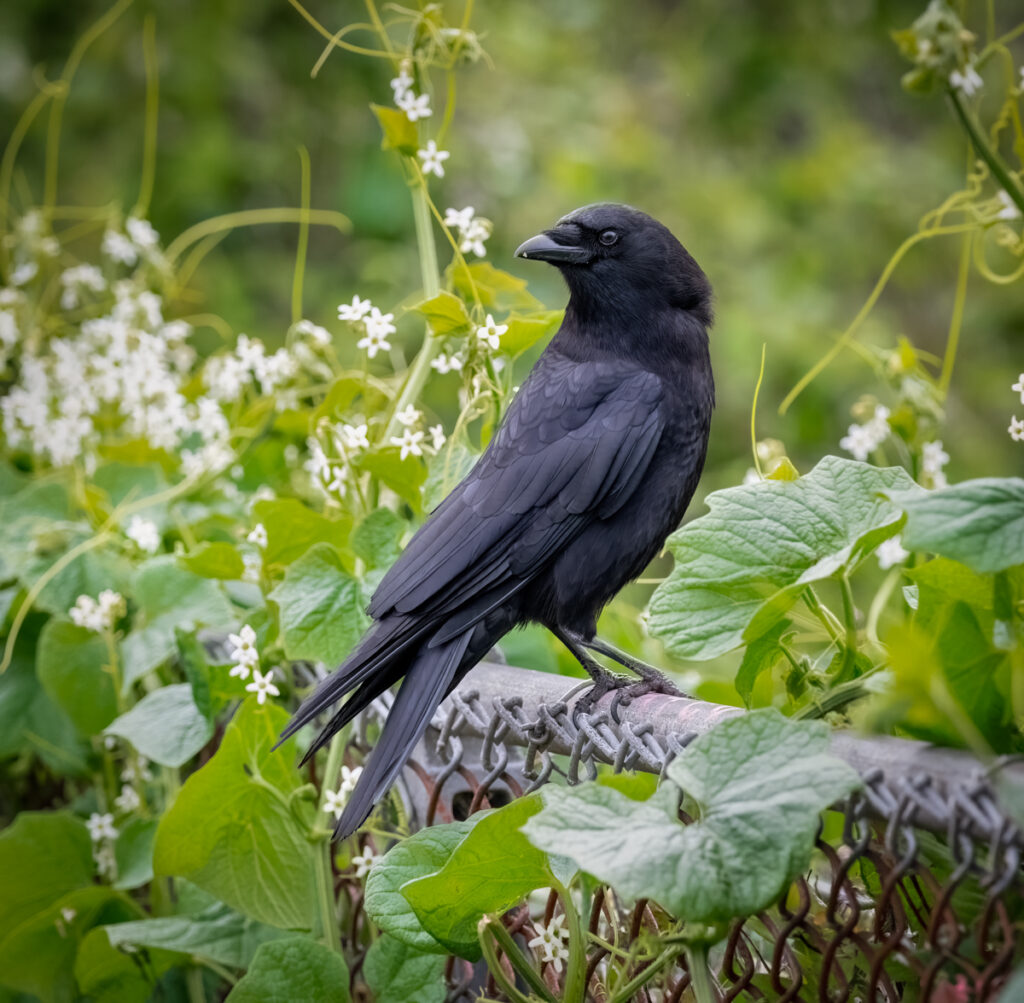
American Crows
These intelligent birds are highly protective of their nests. Perhaps evoking images of a very famous film from the 1963 set in Bodega Bay, these large black aeronauts with their impressive chunky bills dive-bomb and caw loudly, sometimes even going after pets or unsuspecting humans. But their perceived aggression towards you is actually anxiety about you, and they just want to keep the family line going.
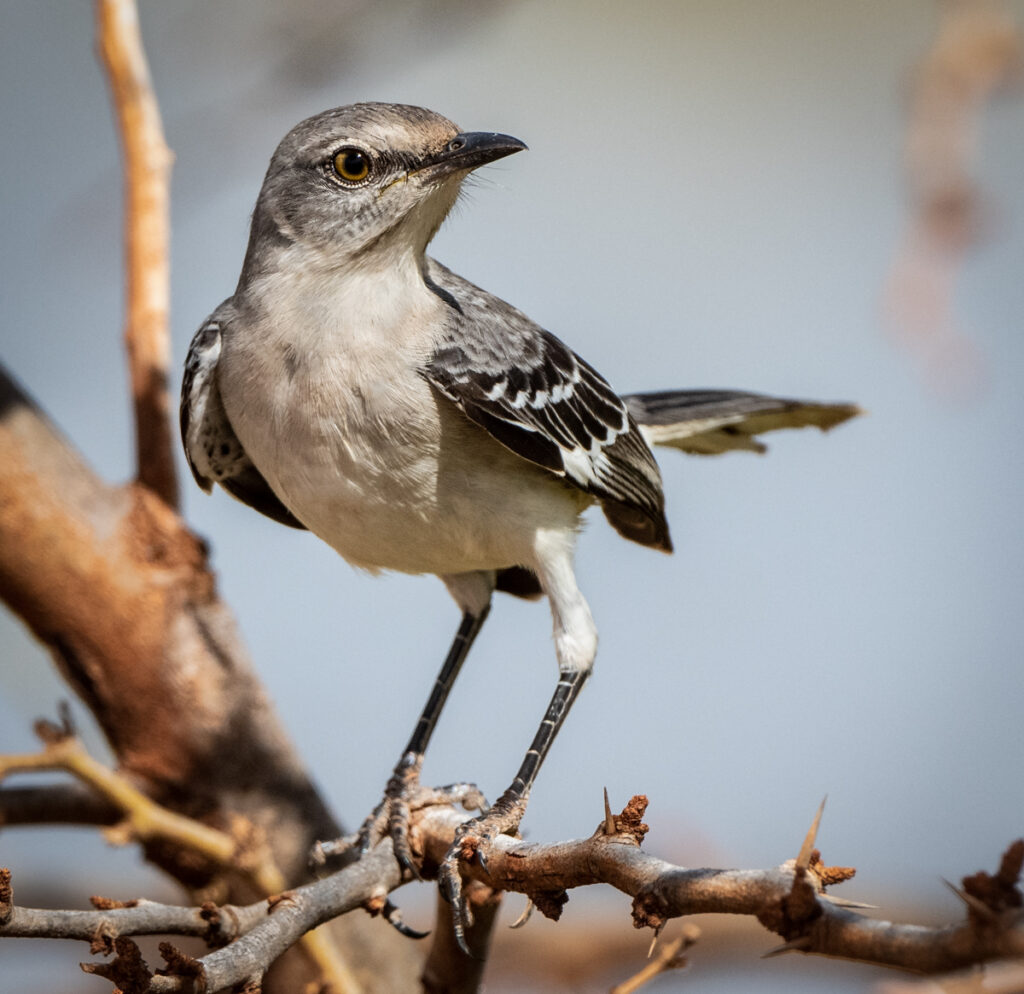
Northern Mockingbirds
Mockingbirds are known for their beautiful songs, but they can also be quite aggressive defenders. They’ll readily dive-bomb anyone who gets near their nest, often using their impressive vocal repertoire to mimic sounds like car alarms to add to the intimidation factor.
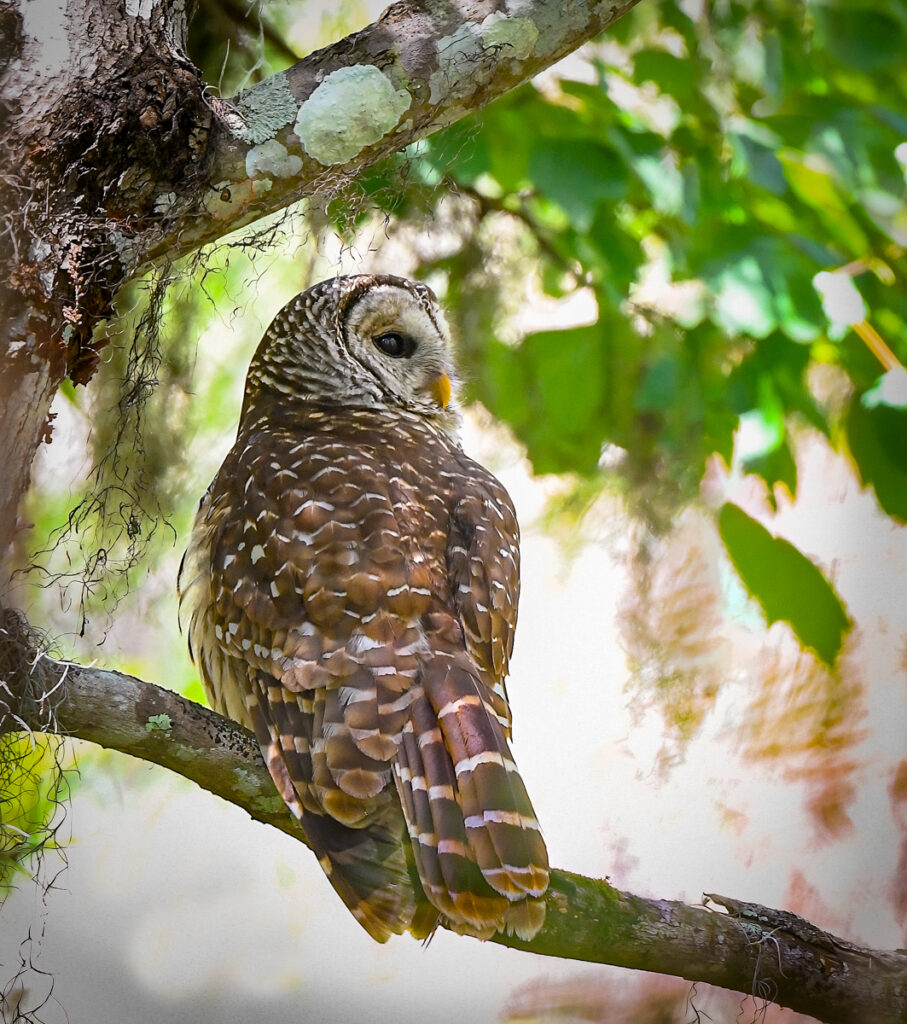
Barred Owls
Even some owl species get in on the act. Barred owls, for example, have been known to swoop down on unsuspecting hikers, particularly those with hats or long hair that might resemble potential predators. This behavior was even suggested as a cause of the death of Kathleen Peterson in the infamous “Staircase” murder mystery case concerning suspected killer Michael Peterson. An increasing number of scientists and ornithologists are willing to lend their expertise on the “Owl Theory” of those tragic events.
While getting dive-bombed can be unnerving, it’s important to remember these birds are simply trying to protect their vulnerable offspring. These attacks are rarely meant to cause serious injury, and the birds will usually back off once they feel the threat has passed.
To avoid this feathered fury, follow these tips to do your best to mitigate any avoid conflicts with dive-bombing birds:
- Be aware of nesting sites: Look for nests in trees, under eaves, or on bridges. Give these areas a wide berth during breeding season (typically spring and early summer).
- Walk calmly and avoid sudden movements: Erratic behavior can make you seem more threatening to a protective bird.
- Wear a hat or sunglasses: This can make you appear less like a predator to the bird.
- Find alternate routes: If you’re on a regular walking path and encounter a dive-bombing bird, try a different route for a few weeks until the chicks have fledged.
By understanding why these birds dive-bomb and taking some simple precautions, we can all share the outdoors peacefully with these fascinating residents. After all, it’s probably no more than you would do if you felt your family was under threat, and a little respect for their fierce parenting goes a long way.


